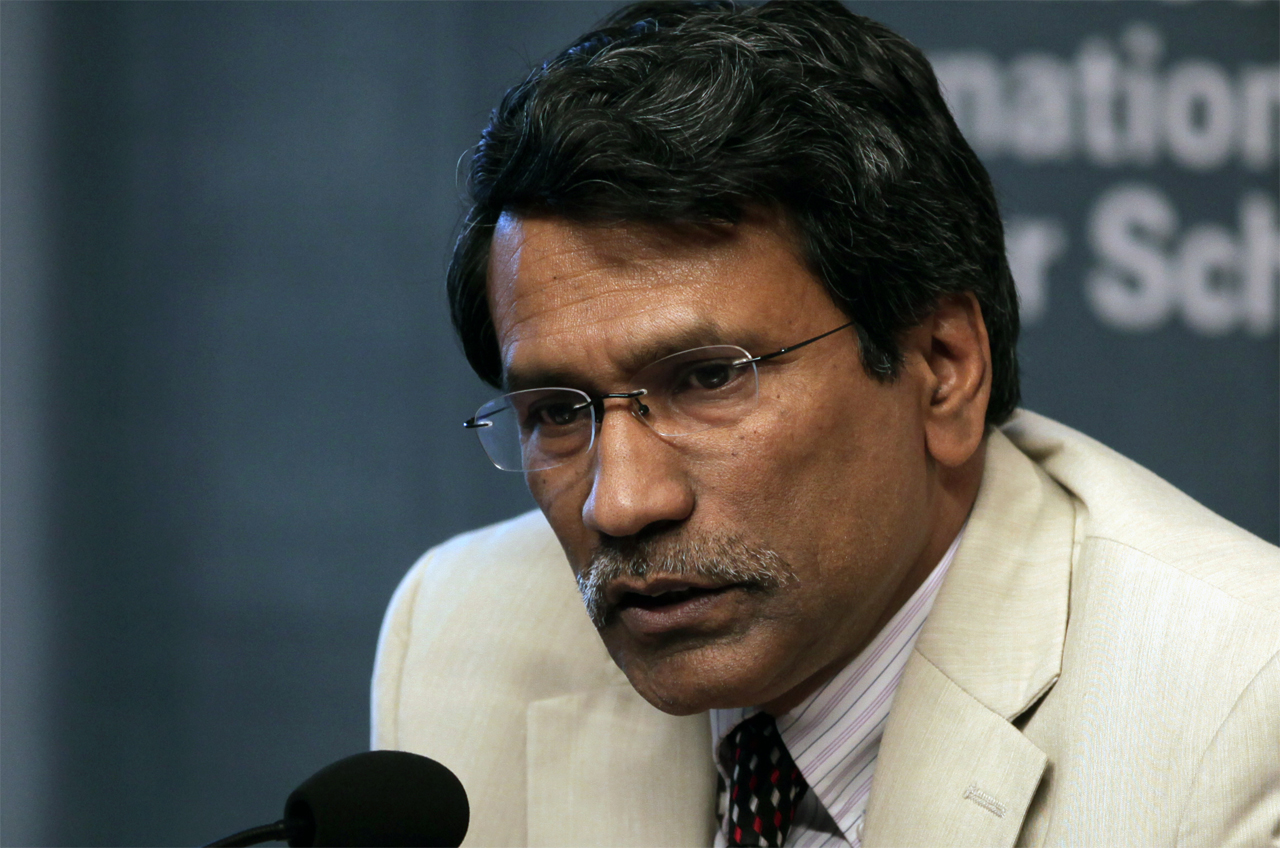Professor Ali Riaz, noted expert of Bangladeshi politics, presented twice and participated in a workshop at the International Studies Association Convention at Baltimore on February 22-25. Riaz presented a paper titled “Bangladesh: From a Hybrid Regime to An Authoritarian State?” on February 25. He also spoke at the roundtable titled “Rethinking IR in South Asia” on February 22 . Professor Riaz was also a participant at the “South Asia in World Politics” roundtable on February 21.
Whether the country will move towards an authoritarian state or walk back to restore the inclusive democratic system depends on both domestic political developments and global events
Professor Riaz argued in his paper that the Bangladesh state has undergone several transformations since founding of the state in 1971. In the first three years it was an “intermediate state,” as intermediate classes were the prominent and ruling class. The brutal coup brought an end to the intermediate state in 1975 and founded the “administrative state” where a triumvirate of military, bureaucracy, and nascent bourgeoisie ruled the country until, in 1990, a popular uprising deposed the military regime. Subsequently, Bangladeshi politics and governance bore the hallmarks of a “hybrid regime”—holding regular elections though rule of law and accountability remained absent. It held a flawed election in 2014 and was boycotted by almost all opposition parties, creating a parliament without any effective opposition.
Riaz drew parallels between “hybrid regimes” such as Russia, Venezuela, Turkey, the Philippines, and Bangladesh. Whether the country will move towards an authoritarian state or walk back to restore the inclusive democratic system depends on both domestic political developments and global events, Riaz explained.

